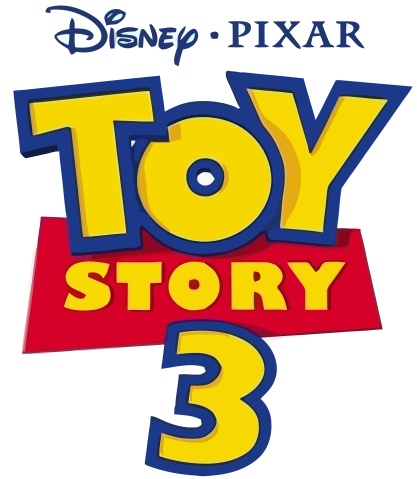 The Suburbs
The Suburbs(2010)
Arcade Fire
When Arcade Fire first came around, I wasn't one for them. I actively disliked them. I felt they were over-hyped, an easy hipster (the term didn't exist yet, but I knew what I meant) benchmark for the self-consciously hip. They were over-rated, and would soon disappear into obscurity. Of course, I hadn't listened to a note of their music.
When I finally deigned to listen, a few months after Neon Bible came out, it took a while, but I got there. And I really enjoy that album. I do not love it, but I feel it every time I listen to it, which is what Arcade Fire are after. They do not make music to contemplate cooly, though you're welcome to if you'd like. They make music that's meant to get right into the core of you and slap you around, to stir up those emotions so many musicians forget.
It took me another two and a half years to listen to Funeral. That was about two weeks ago. And it's really brilliant. I haven't heard an album that good in years. It's better than most of my favourite albums, something I'll have to take into account the next time I do the poll.
Due to my conversion, I've been listening to The Suburbs with a bit more intent. Like Joanna Newsom's imposing Have One on Me, an album I still haven't worked all the way through (You try it. That's right. You can't either. Not all at once, anyway.), I haven't sat through the entirety of what's on offer here. I have listened to the whole thing, just not all at once. And I haven't made it through the album twice. I've listened to 3/4 of it twice, and that 3/4 is great. I imagine the last fourth will fall in line come its second go.
They're still reaching for the emotional gist. Win Butler has calmed down since the last album, likely out of a sense of futility, and it suits him. Neon Bible's weakest point was hard to define from its greatest strength; it is a record of bombast and straight-forward lyrics. "Better stop now, before it's too late. Eating in the ghetto on a hundred-dollar plate," he said, intoning the oncoming recession and venting frustration over six years of an inept President.
Here, he's more alone. It's called The Suburbs, but there is no song here about the soul-crushing nature of that particular residential community. Instead, it is suggested in the weariness of the everyday people. There are grand statements here, as there will always be on an Arcade Fire album (I hope), but they are presented with tact instead of a bullhorn. God bless 'im for it. Is it better than Funeral? No. And don't bother asking that question ever again. Because little is. But it is better than Neon Bible. Where that one was immediate, this one requires your patience, and a little time, to reveal how truly good it is.






